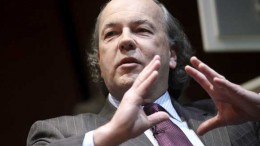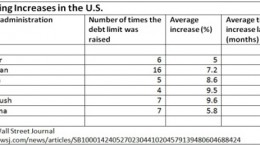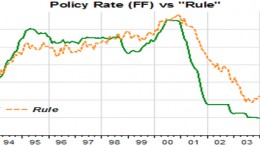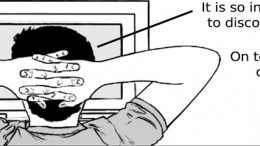Eurozone: How Disconnected Can You Be?
SAO PAULO| By Marcus Nunes | In response to Gavyn Davies, who thinks the Eurozone is a whole different galaxy: I have my doubts that “most central banks would take these symptoms as proof that monetary policy should be eased”. Most of them have behaved very badly (excepting the BoJ). Maybe in the dire conditions faced by the Eurozone they would act. This just shows how ‘unplugged’ the blokes at the ECB are!







